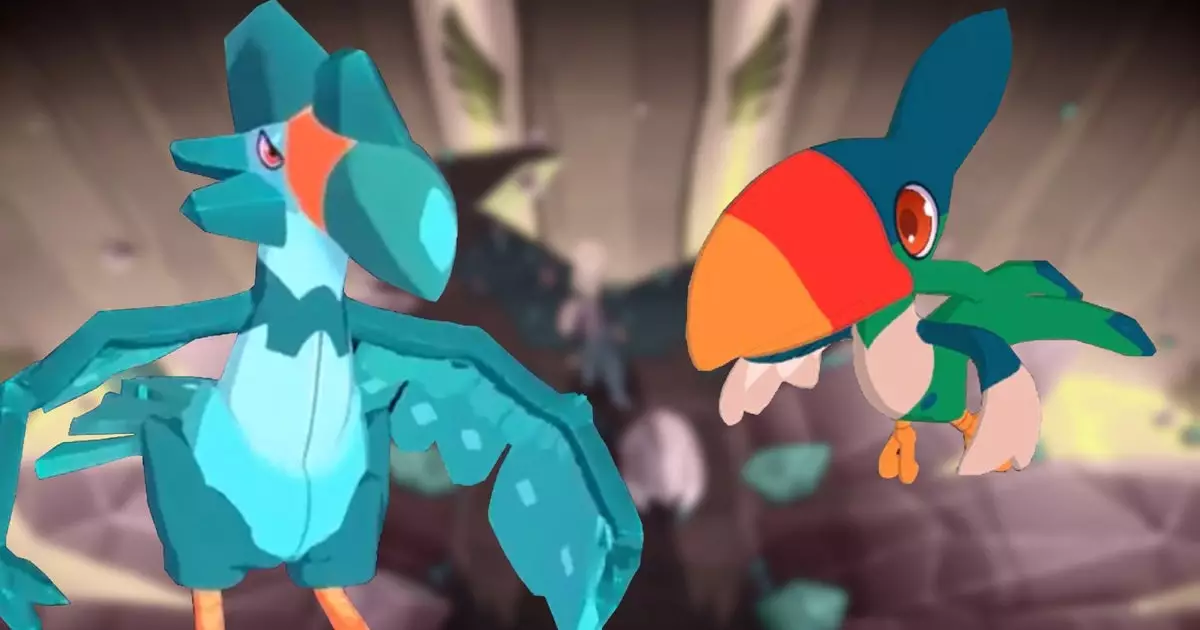In a shocking turn of events last July, Ziff Davis made the difficult decision to lay off all 36 employees of Humble Games, citing “challenging economic times for indie game publishing.” This move not only left the industry shaken but also ignited conversations about the fragility of indie game publishing within the larger gaming ecosystem. The layoffs underscored the unpredictable nature of the gaming market, where funding and support for smaller developers can suddenly vanish. As many indie developers expressed their dismay over the loss of a significant publishing ally, the question arose: what happens to those left behind when such transitions occur?
Amidst this turbulence, two prominent figures from Humble Games, Alan Patmore and Mark Nash, have launched a new indie publishing venture known as Good Games Group (GGG). This initiative is more than just a reaction to their previous employer’s closing chapter; it symbolizes a commitment to the indie game community. Good Games Group intends to collaborate with many of the same talented developers that were previously part of Humble Games’ roster. They aim to provide a lifeline to these creators, ensuring that their projects continue to see the light of day against a backdrop of uncertainty. “Partnering with Ziff Davis allows us to continue working with the amazing indie developers we collaborated with at Humble Games,” Patmore stated, addressing both a sense of nostalgia and forward-looking optimism.
The partnership with Ziff Davis is particularly intriguing; it represents a dual-purpose strategy to not only support existing Humble games but also to chart a new trajectory for indie publishing. This transition conveys a nuanced understanding of the indie environment, highlighting the need for continuity and trust amidst the chaos. The developers who previously worked under the Humble Games banner, although disheartened by the sudden restructuring, may find solace in the continuity offered by Good Games Group’s establishment.
However, the path to recovery isn’t entirely clear. Reports of Humble Games’ assets being managed by third parties, like the Powell Group, echo concerns about the stability of the indie publishing framework. Projects like Carto, Temtem, and Midnight Fight Express have migrated to GGG, implying that some semblance of orderly transition is in place. Yet, skepticism remains about whether the industry will sufficiently rally to ensure that these titles and their creators receive the support necessary for success.
Community Response and Future Prospects
The wider indie development community has reacted with a mix of devastation and cautious hope. Feeling the impact of Humble’s closure deeply, many developers lamented the loss of an essential partner. The message from the team behind Signalis encapsulated this sentiment; they expressed their grief over losing dedicated colleagues and hoped for better futures for them. However, with the advent of Good Games Group, there is a glimmer of optimism that innovation and collaboration can thrive once more within the indie space.
As the landscape of indie game publishing continues to evolve, the foundation laid by Good Games Group could foster resilience and strengthen community ties. They not only represent a commitment to preserving existing relationships but also signify an opportunity to redefine what it means to be an indie publisher. By cultivating a supportive environment for game developers, GGG might just inspire a new wave of creativity and sustainability in what has become an unpredictable industry.


Leave a Reply